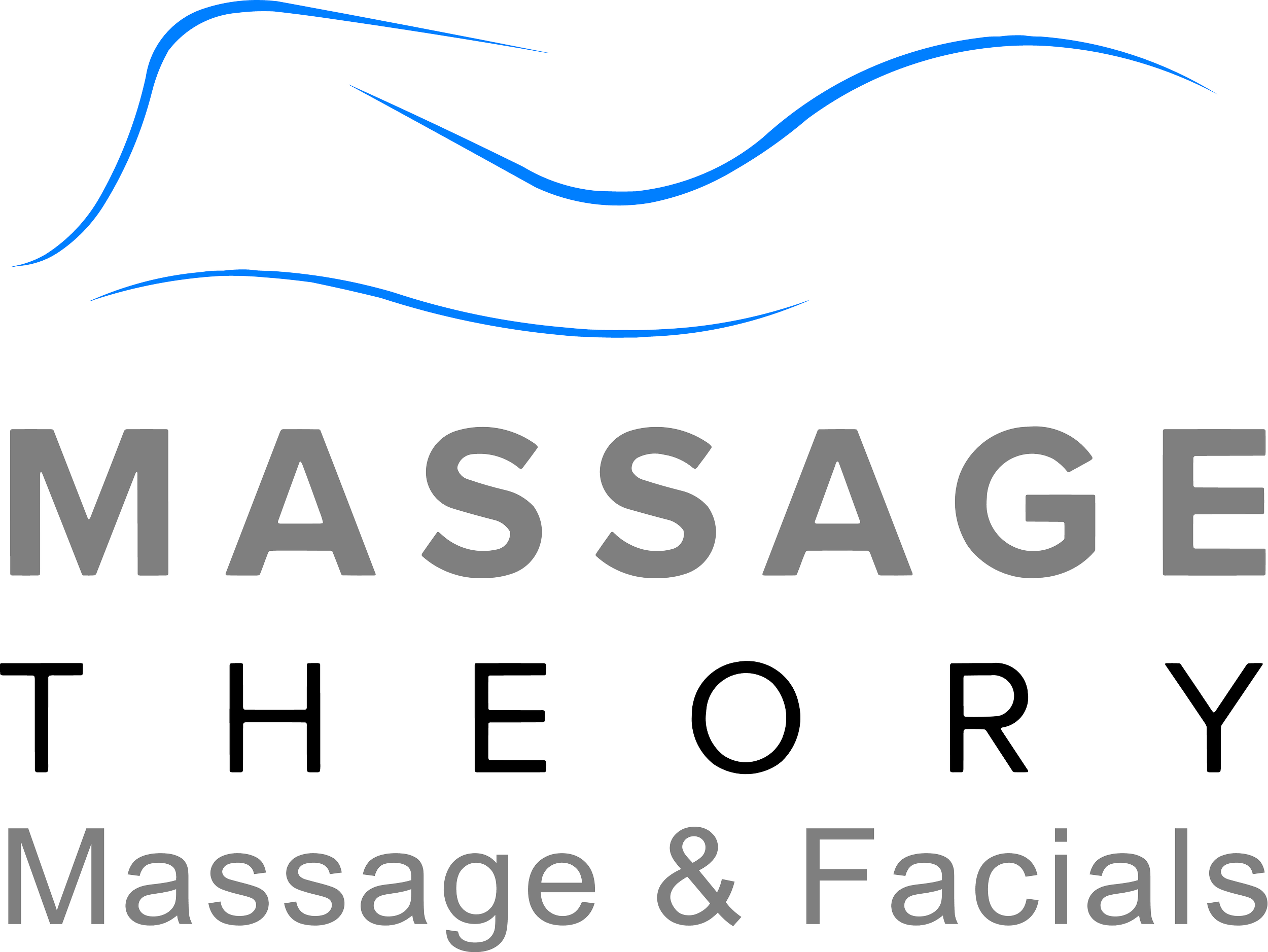The Science of Stress Relief: How Massage Impacts Cortisol & Endorphins
We all know the feeling: tight shoulders after a long day, a racing mind that won’t quiet down, or the weight of stress that seems to linger no matter what you do. Stress is more than just an inconvenience—it’s a physiological response that can affect your mood, sleep, and overall health.
At Massage Theory, we believe relaxation isn’t just about feeling good in the moment—it’s about creating measurable changes in your body that support long-term well-being. That’s where the science comes in. Massage therapy has been shown to directly influence two key players in your body’s stress response: cortisol and endorphins.
Let’s break down how it works.
Cortisol: The Stress Hormone
Cortisol is often called the “stress hormone.” Produced by your adrenal glands, it plays an important role in regulating blood sugar, metabolism, and immune function. But when stress becomes chronic, cortisol levels stay elevated—and that can take a toll on your body.
High cortisol is linked to:
Increased anxiety and irritability
Poor sleep quality
Weakened immune function
Higher risk of weight gain and fatigue
Massage therapy helps by lowering cortisol levels. Studies show that even a single massage session can reduce cortisol in the bloodstream, allowing your body to shift out of “fight-or-flight” mode and into a calmer, more balanced state.
Endorphins: The Feel-Good Chemicals
On the flip side of stress hormones are endorphins—your body’s natural painkillers and mood boosters. Endorphins bind to receptors in the brain to reduce pain perception and create feelings of relaxation and even euphoria.
Massage stimulates the release of endorphins, along with other neurotransmitters like serotonin and dopamine, which play a role in regulating mood, sleep, and appetite. This chemical response is why many people leave a massage feeling lighter, happier, and more energized.
The Balance Between Cortisol and Endorphins
The real magic of massage lies in the balance it creates. By lowering cortisol and boosting endorphins, massage therapy helps reset your body’s stress response system. Instead of staying stuck in high-alert mode, your nervous system is guided back toward calm and restoration.
This balance can lead to:
Reduced anxiety and tension
Improved sleep quality
Enhanced focus and mental clarity
A stronger immune system
Greater overall sense of well-being
In other words, massage doesn’t just make you feel relaxed—it actually changes your body chemistry in ways that support long-term wellness.
Why Touch Matters
Human touch itself plays a powerful role in stress relief. Gentle, intentional touch activates the parasympathetic nervous system—the “rest and digest” mode of your body. This slows your heart rate, lowers blood pressure, and signals to your brain that it’s safe to relax.
At Massage Theory, our therapists combine this science with professional technique to create a session that’s both deeply relaxing and physiologically effective.
Making Stress Relief Part of Your Routine
While a single massage can lower cortisol and boost endorphins, the benefits are even greater when massage becomes part of your regular routine. Just like exercise or healthy eating, consistent self-care helps your body maintain balance over time.
Weekly or bi-weekly sessions can help manage chronic stress.
Monthly sessions are a great way to maintain overall wellness.
Even occasional sessions can provide a reset when life feels overwhelming.
The key is finding a rhythm that works for your lifestyle and supports your long-term health goals.
Relaxation, Simplified
At Massage Theory, we’re passionate about making stress relief simple, science-backed, and accessible. Our approach is designed to help you feel better during your session and long after you leave.
